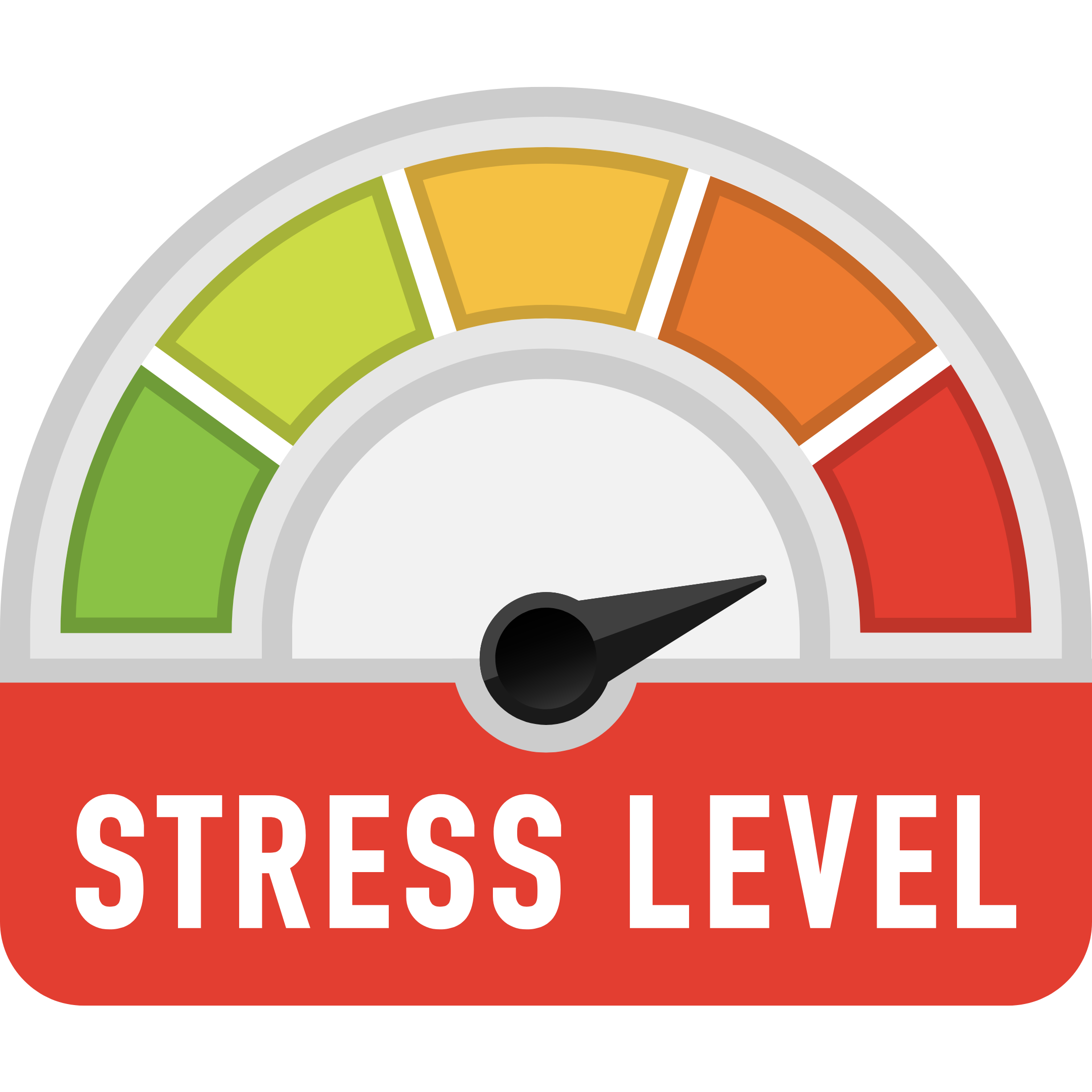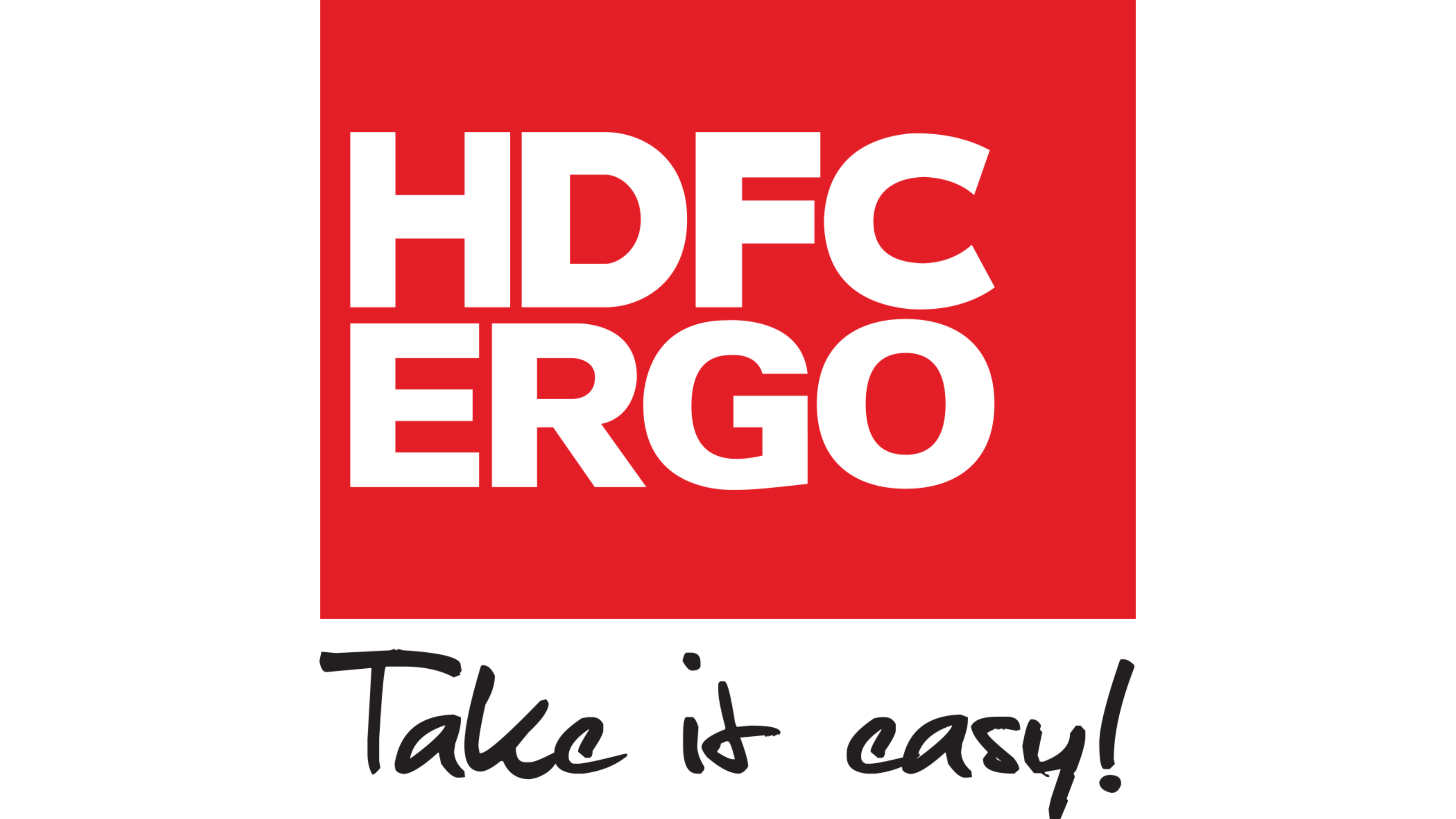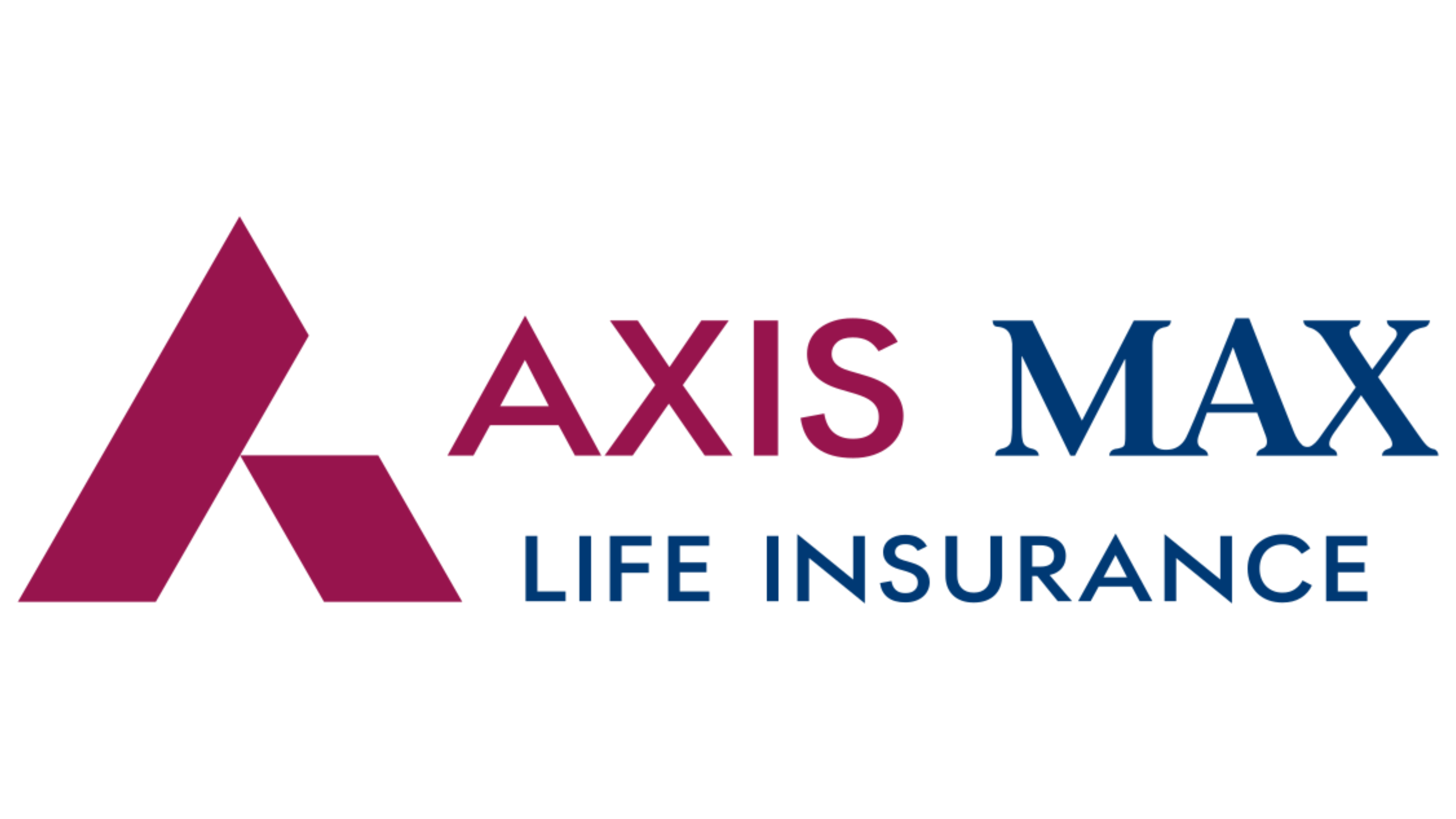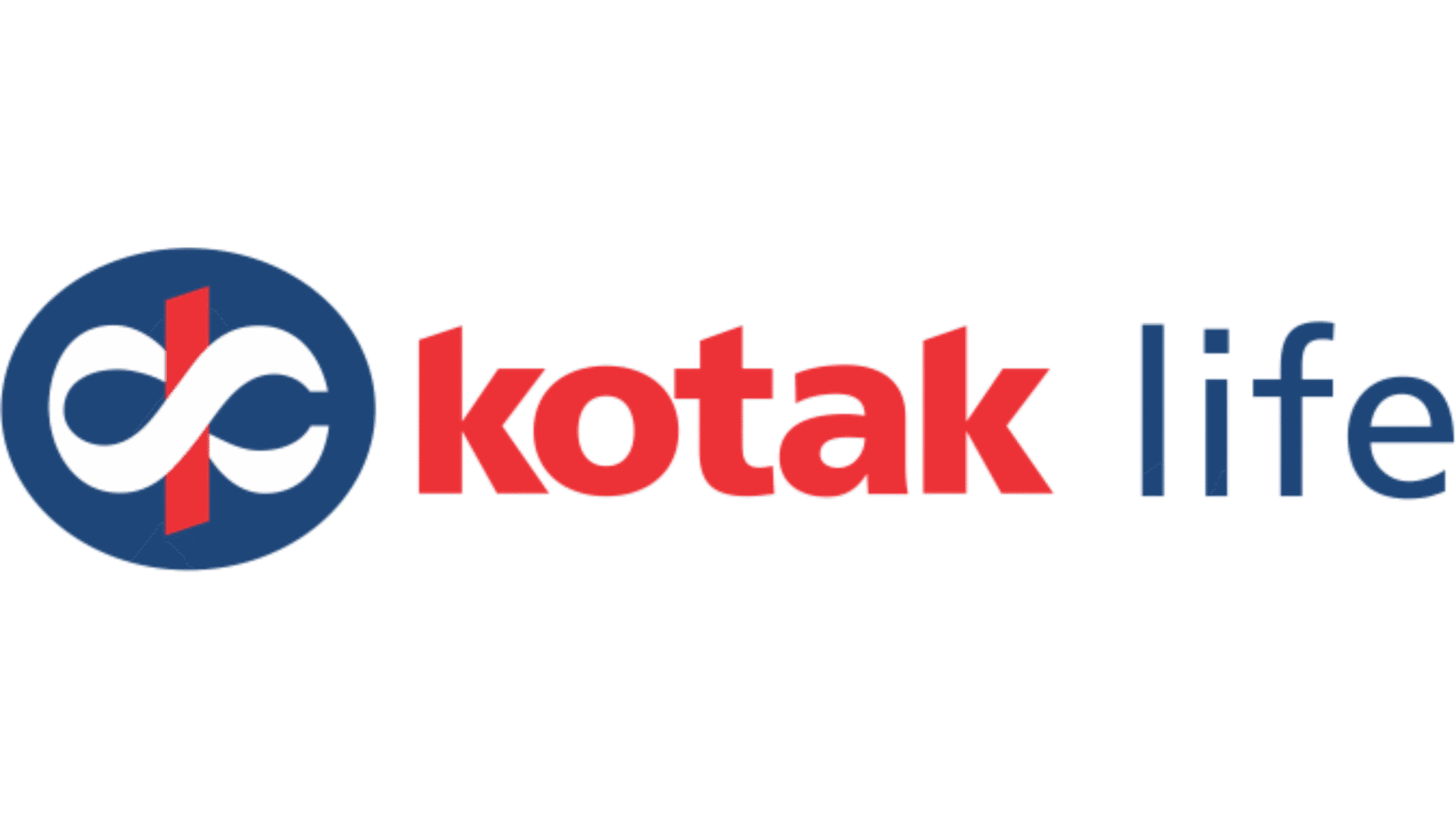Your Guide to Insurance: Building a Secure Financial Future
Insurance can seem complex, but it's a crucial part of a healthy financial plan. Let's break down everything you need to know, along with the importance of balancing insurance with investments! your financial goals.
Investment vs. Insurance: Understanding the Difference
Think of your finances as a two-wheeled vehicle:
Investments: This is the engine that helps your money grow over time. You invest in things like stocks or mutual funds, aiming for higher returns to reach long-term goals like retirement or a down payment on a house. However, investments carry risk; there's no guarantee of growth.
Insurance: This is the sidecar that protects you from unexpected events. You pay a premium (like a monthly fee) for coverage. If a covered event happens (like an accident or illness), the insurance company pays you a pre-determined amount (sum insured), safeguarding your finances.
Why Insurance Matters, Even for Us Regular Folks:
Life is unpredictable. A sudden illness, accident, or emergency can drain your hard-earned savings in an instant. Without insurance, these unexpected expenses hit hard. Insurance acts as your shield, so you don’t have to pay a heavy price for life’s surprises.
Life without Protection....

Life's Surprises
Click here👆
#Suprise
Accidents and illnesses can happen anytime. Insurance protects you from these financial blows, so you're not left struggling.

Stress Level
Click here👆
#Brain_on_Fire
Without a financial safety net, even a minor emergency can lead to sleepless nights and worry about how to manage the bills.

Savings Condition
Click here👆
#Everything_Gone
In the absence of insurance, you may be forced to break your long-term investments to cover emergencies—derailing your financial goals.
Why You Need Both – Investing & Insurance
To build a secure financial future, it's important to not just grow your money but also protect it.
Investing helps your wealth grow over time so you can achieve long-term goals like buying a house, funding your child’s education, or planning a stress-free retirement. By regularly investing, you can take advantage of compounding and build a strong financial foundation.
But life is uncertain. Emergencies like health issues or accidents can cause unexpected expenses. Without protection, these costs can force you to withdraw from your savings, affecting your long-term plans.
Insurance is your financial shield. It protects you from large, unforeseen costs so that your investments stay on track. It ensures peace of mind and financial stability when life throws a curveball.
💡 Together, investing and insurance create the perfect balance between growth and security.
Our Key Features
At Money Secrets, we're dedicated to providing you with the best possible insurance solutions. Our IMF Channel License signifies our commitment to ethical and professional conduct.
- Expert Guidance
- Comprehensive Coverage
- Best-Fit Approach
- Claim Support
- Ongoing Support












Ready to secure your future?
FAQs
Nope! Emergencies don’t check your age. The younger you are, the cheaper your premiums. Buying early = more coverage for less money.
Anyone with an income and financial responsibility should strongly consider having insurance.
Here's why:
- Income: If you earn money, you likely have people who depend on you financially (family, spouse, etc.). Insurance protects your income and ensures they're taken care of even if you can't work due to illness or accident.
- Financial Responsibility: If you have bills, debts, or people relying on you, unexpected events can be devastating. Insurance acts as a safety net, covering medical bills or replacing lost income, preventing your financial situation from crumbling.
In short: If you bring in money and have people counting on you, insurance is a smart way to secure your future and theirs.
At the very least:
Life Insurance (for family security)
Health Insurance (for medical expenses)
Accident & Disability Cover (for income protection)
Optional but important: Critical Illness & Term Insurance.
The ideal sum insured depends on your personal needs and lifestyle. Consider factors like your income, family dependents, existing debts, lifestyle risks, and rising inflation.
- Life insurance should aim for 5-10 times your annual income.
- Health insurance should cover typical hospital costs in your city and family medical needs.
- Accidental insurance should replace around 60-70% of your income.
- Vehicle insurance should match your car's current market value.
It's always wise to consult a financial advisor and review your coverage regularly to ensure it stays relevant.
Yes, many insurers allow you to increase your sum assured. But premiums may rise too. Better to buy sufficient cover early when it’s cheaper.
Yes! Insurance needs can increase with time. You can enhance your cover or buy specific policies as your life stage changes.
Most policies offer a grace period (15-30 days). If not paid, the policy may lapse — meaning no coverage. Some plans allow revival, but it’s best to stay regular with payments.
For term life or pure protection plans — no. They’re like seatbelts, you pay for safety, not returns. But some plans like endowment or ULIPs have maturity benefits.
All insurance policies are subject to terms, conditions, and exclusions of the respective insurers. Before making any purchase, you are advised to carefully read the policy brochure, terms & conditions, and product documents provided by the insurance company.
The premium amounts, benefits, and claims are subject to underwriting guidelines, regulatory norms, and policy-specific clauses. Money Secrets Service does not guarantee returns, claim approvals, or future performance of any insurance product.
By using this website, you acknowledge that any decision to purchase insurance is your sole responsibility and should be based on your individual needs, risk appetite, and after consulting with a certified insurance advisor.
For personalized advice, feel free to contact us directly.
Feel free to know more...
We're always happy to hear from you and answer any questions you may have. If you have any feedback, suggestions, or questions please feel free to contact us. I'll do my best to get back to you as soon as possible.



